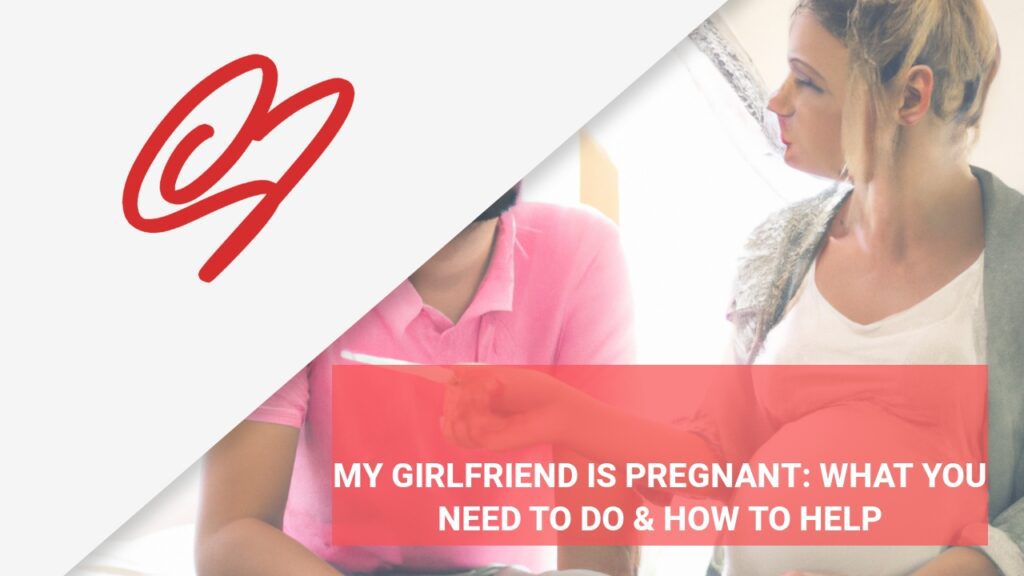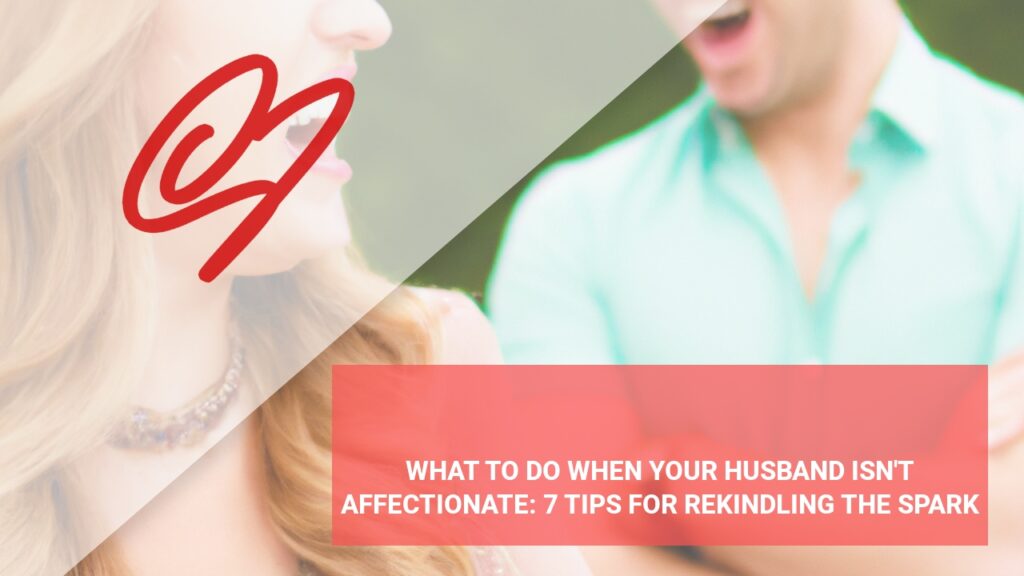
Hey Soul Bonding Love, So, here’s the thing. Me and my girl, we’ve been together for about six months now and believe me when I say she’s amazing. We’re talking smart, funny, beautiful – like really gorgeous. She ticks all the boxes. But there’s this one thing that’s gnawing at me lately. She never says “I love you.” You know? That simple three-word phrase that could move mountains in a relationship! I don’t know if it sounds stupid or premature but I’ve said it to her. A couple of times actually… because well, I really do love her… But she just sort of looks at me with her hazel eyes and then smiles… Almost changes the subject every time without uttering those three words back to me. At first, I thought maybe she just wasn’t ready yet or was probably waiting for some special moment or something… But that special moment has never come… I don’t need grand gestures or anything extravagant, all I’m looking for is a little reassurance that she feels the same way about me as I do about her. Do you think maybe it is too early? Like, am I expecting too much from her already? Maybe she shows love differently than saying it out loud? Or worse… does this mean she doesn’t feel as strongly for me as I do for her? We haven’t discussed this yet since we usually have great communication but this one bit leaves me feeling uneasy and unsure every time… What amazes me more is that despite the fact of these ‘missing’ words from our conversations… our relationship feels so balanced in other ways…it’s odd…isn’t it? I would really value your perspective on this ’cause it’s messing with my head a little too much these days… Much appreciated, Confused Lover
The Raw And Honest Truth I Would Give To My Friends Or Family Member…
Here’s what I will say… The first thing you’ve got to understand is that love and relationships are not one-size-fits-all. Just because you feel comfortable saying “I love you” after six months, doesn’t mean everyone else will, too. Every person has their own timeline and comfort level when it comes to expressing emotions verbally. This does not mean she doesn’t feel the same way about you. The key phrase in your letter is “We haven’t discussed this yet.” That’s your first step.Your girl may have reasons for not saying it back. Maybe she’s been hurt before, maybe those words hold a different weight for her, or maybe she’s just not a big talker when it comes to feelings. It could be a thousand things but you won’t know until you talk about it.
The thing to point out here is, don’t make assumptions. Just because she doesn’t say “I love you,” doesn’t necessarily mean she doesn’t feel as strongly for you as you do for her. As you’ve said yourself, your relationship feels balanced in other ways. Remember, some people show love in different ways, like through actions rather than words. Maybe she’s showing you she loves you in her own ways that aren’t as obvious to you? Look closely at how she treats you, behaves around you, and supports you… those can be signs of her love too.
Here’s another thing to consider: You did say that this situation is messing with your head a little too much. That says to me that this issue is causing more than just a twinge of discomfort for you. It’s causing some real distress. So, my advice? Talk to her about it. Tell her how you feel without making it sound like an accusation. Say something like “I’ve noticed that you haven’t said ‘I love you’ back, and it’s making me feel uneasy. Can we talk about it?”
Remember to approach it from a place of understanding, not confrontation. And remember, it’s okay to have these conversations. It’s okay to want reassurance and clarity. Relationships are all about communication, after all.
Just keep it real, keep it respectful and remember that we all express our feelings in different ways. And sometimes, the most beautiful things come to those who wait. Be patient and understanding with her as well.
But, that’s just my personal viewpoint. I’ve asked an expert relationship coach to break it down for what it is.
It might provide you with some more context.
“My Girlfriend Doesnt Say I Love You”: Advice From A Relationship Coach
 Let’s break this down, shall we? When you express a concern like “My girlfriend doesn’t say ‘I love you,'” it touches on several layers of your relationship dynamics and, indeed, it can feel quite disconcerting. At its core, you’re likely dealing with issues of communication, emotional expression, and possibly differing expectations or love languages.
Let’s break this down, shall we? When you express a concern like “My girlfriend doesn’t say ‘I love you,'” it touches on several layers of your relationship dynamics and, indeed, it can feel quite disconcerting. At its core, you’re likely dealing with issues of communication, emotional expression, and possibly differing expectations or love languages. Now, the absence of those three little words can tug at the strings of insecurity or fear about the relationship’s future. But before panic sets in, let’s explore what might be happening beneath the surface from both your perspective and hers. Communication Styles Matter
Firstly, not everyone communicates love in the same way. Some individuals may shower their partners with affectionate words regularly. Others might express their feelings through actions or gestures – a concept known as ‘love languages’. It’s crucial to consider whether your girlfriend shows her affection in ways other than verbal declarations. Does she cook for you? Spend quality time with you? Give thoughtful gifts? Acts of service and physical touch are just a few alternative expressions of love.
The Timing Factor
Also worth considering is timing – some people take longer to feel comfortable enough to say ‘I love you.’ This delay isn’t necessarily a reflection of their feelings’ depth but rather their pace in reaching emotional landmarks within a relationship.
A Question of Pressure
It’s possible that she feels some pressure around saying ‘I love you’, especially if she senses that it’s something you’re eagerly awaiting. This sort of pressure can make the moment feel less genuine for her – as though she’s saying it for your benefit rather than as an authentic expression of her own emotions.
Past Experiences Count
Previous relationships and upbringing play significant roles in how someone expresses love. If she has been hurt before after expressing love, or if she grew up in an environment where those words were rarely spoken aloud, these factors could contribute to her reticence.
Hear Her Out
Okay, so what this actually means is… communication between partners is key. Have an open discussion about how each of you prefers to express and receive affection. Avoid making assumptions; instead, ask questions to understand her viewpoint better.
The Emotional Landscape Is Complex
It’s important to acknowledge that feelings can be complex and multi-layered. Perhaps there are unresolved issues between you two that need addressing before those words can be said comfortably by either party. Or maybe there’s hesitation based on doubt about the relationship’s stability or longevity.
Remember that healthy relationships thrive on mutual understanding and patience – take time to learn about each other’s needs and boundaries when it comes to emotional expression. In navigating these waters, empathy, patience,, and clear dialogue would serve as your best tools. Ultimately,<b understanding each other more deeply often leads towards greater intimacy, which might organically lead to both partners feeling more comfortable with vocal affirmations like “I love you.” Keep channeling efforts into nurturing trust and connection without forcing milestones; they will likely emerge naturally once both parties are ready.
With Everything That’s Been Said & Done (Or Alluded To 😬), What’s Next?
Evaluating Your Feelings and Expectations
Assess your own emotions first. It’s essential to understand that love progresses at different paces for everyone. In your case, it seems you’ve hit a significant milestone sooner than your partner, and that’s okay. Reflect on why hearing “I love you” is so important to you. Is it for validation, assurance, or simply a reciprocation of deep feelings? Remember, six months is relatively early in a relationship, and expectations about expressions of love can vary wildly.Consider too how she demonstrates her affection; perhaps she’s showing her love in other ways that don’t involve words? You mentioned a ‘balanced’ relationship – identify what this balance consists of. Does she invest time, effort, and emotional availability into your partnership? These could be her ways of signaling deep feelings.
Talking About Your Needs Openly
Communication is always key but approaching the topic with sensitivity is crucial. Rather than putting her on the spot with “Why don’t you say ‘I love you’?”, try expressing how much value and happiness you derive from the relationship. Share that hearing those words would mean a great deal to you as a form of reassurance or bonding.Create a comfortable setting, ensuring she doesn’t feel pressured or defensive – this isn’t an accusation but rather sharing part of your emotional map with her. It’s important to approach the conversation from the standpoint of wanting to understand each other better rather than seeking immediate resolution.
Giving Her Space To Share Her Feelings
After opening up about your needs, give her the floor to express herself without judgment or expectation. She may have personal reasons for being reserved with those “three little words.” Some people have past experiences or personal beliefs about love that influence their readiness to say “I love you.”Listen actively and empathetically as she explains where she’s at emotionally; this could provide invaluable insight into your dynamic as a couple.
Observing Nonverbal Communication Cues
Pay close attention to how she acts around you. Actions often speak louder than words in conveying feelings between people who are dating. Being observant might reveal volumes about how much she cares.Does she go out of her way for you? Are there tender gestures, thoughtful surprises, or supportive actions that show her commitment? Collect these observations as they can be just as telling as spoken affirmations.
Focusing On The Quality Of Your Relationship
Instead of fixating solely on those three words, consider evaluating the overall quality of your time together. How does being with each other make both parties feel? A relationship should be mutually beneficial; if it feels balanced and fulfilling without verbal affirmations constantly – this speaks loudly by itself.Reflect on moments when both felt connected without having said anything at all – sometimes these instances hold more weight than any declaration ever could.
Minding The Timing And Setting Expectations
Understanding everyone’s comfort level when it comes to expressing emotions is critical – timing plays its part too! If after having open conversations there’s still no change in verbal affection from her side, ponder if this is something vital for your satisfaction within this relationship.Set honest expectations moving forward; are expressions needed now or can patience be afforded while waiting for natural progression?
Maintaining Personal Well-being And Confidence
Finally yet importantly: Look after yourself mentally and emotionally during times of uncertainty within romantic relationships – undue stress does not foster positive growth within personal connection nor self-fulfillment.< Keep nurturing confidence in what has been built together so far; remind yourself relationships are multifaceted – one missing phrase does not define its entirety nor predict future strength or depth.
Need Some Relationship Thoughts? Write To Us!
Is your romantic life in a bit of a maze and you’re finding it hard to navigate your way? Maybe you’ve got a situation you’ve been pondering for ages, unsure of what to make of it. If you find yourself up at night, wrestling with a relationship query that has you stumped, we’re here to offer our loving but honest personal thoughts on your predicament.
We understand that sometimes you’re not looking for professional advice, but rather an empathetic ear and some thoughtful insights that can help you see your situation from a new angle. That’s exactly what we aim to provide—a fresh perspective to help you reflect on what you’re experiencing.
Just write in with your query, and we’ll share our individual viewpoints that are rooted in empathy, understanding, and genuine human experience. We don’t claim to have all the answers, nor do we pretend to be experts. We’re just here to offer our thoughts, one heart to another.
Whether it’s a first date dilemma, a ‘situationship‘ that you’re not sure how to navigate, or a long-term relationship hurdle, we’d love to offer our personal reflections.
Similarly, you could be experiencing difficulties with apologies, as saying “sorry” often requires a level of vulnerability that some partners struggle with. When your boyfriend can’t quite muster an apology, it’s worth exploring how this dynamic affects the relationship’s emotional landscape — an issue akin to when a boyfriend can’t say sorry.
Insecurity might also play its part; perhaps your significant other fears abandonment or feels uncertain about the relationship’s stability. Understanding these insecurities is crucial, especially if you’ve noticed parallels to situations where a boyfriend thinks his partner is going to leave him. Knowing how to reassure and strengthen your bond is key.
Occasionally, the phrase “I love you” gets caught up in a web of jealousy and competition within a relationship. For instance, if your partner has expressed feelings similar to when a boyfriend said he’s jealous, it might impact his ability to express love openly and positively.
Lastly, consider whether there’s an element of arrogance or know-it-all behavior that hinders emotional expression between partners. It may reflect scenarios where one feels like their partner assumes they have all the answers as illustrated by instances when a boyfriend thinks he knows everything. Effective communication remains essential in navigating these complexities together.

